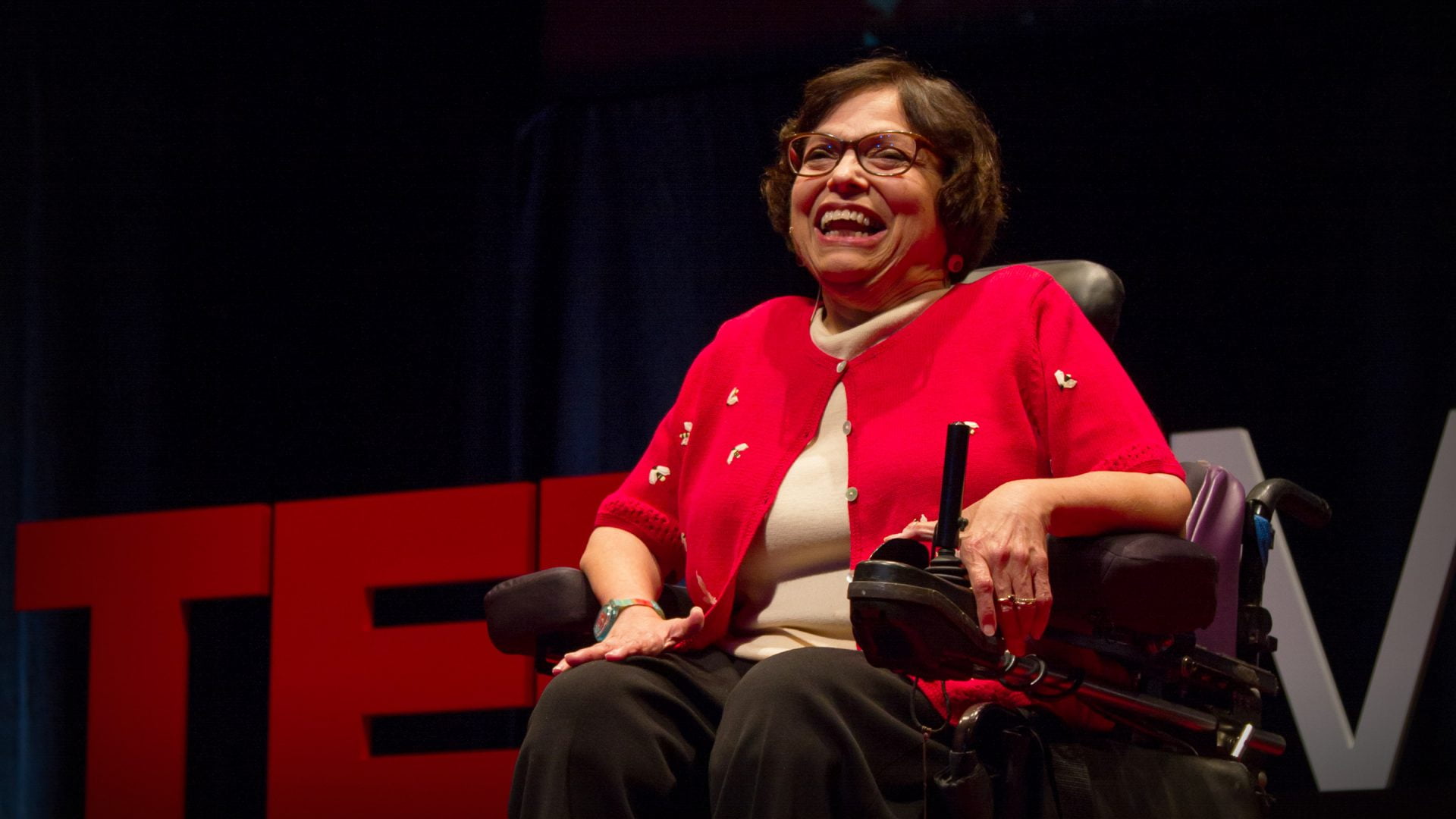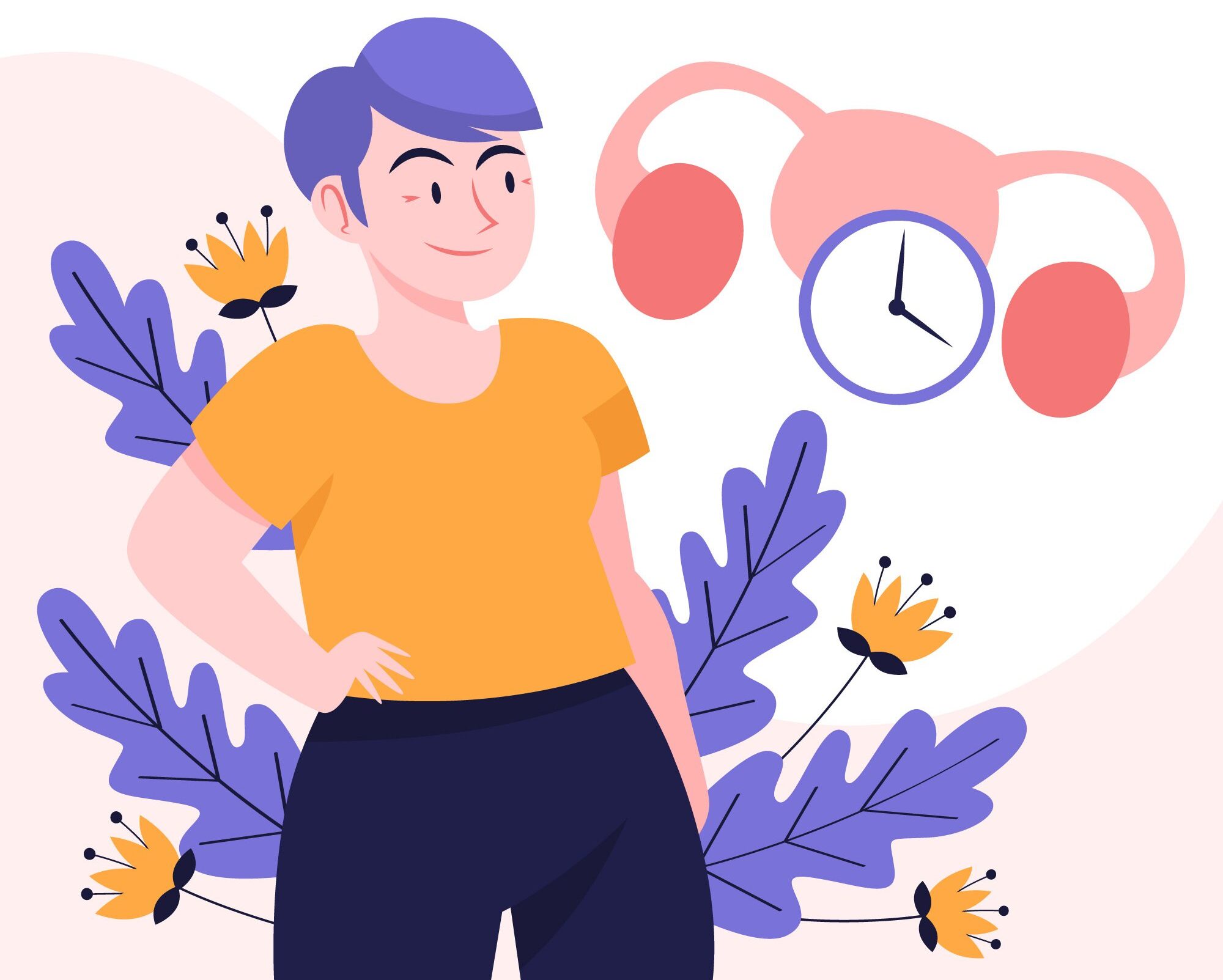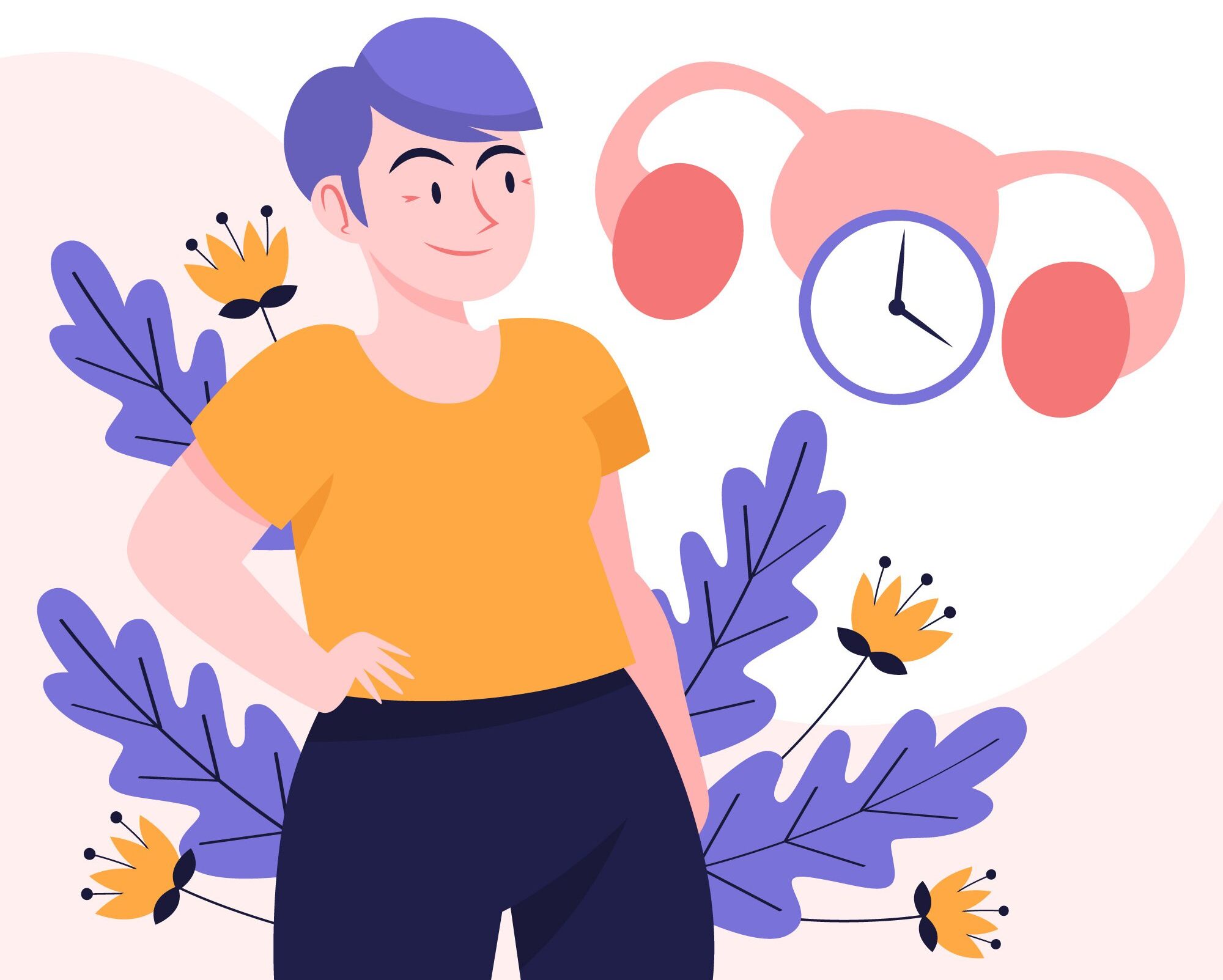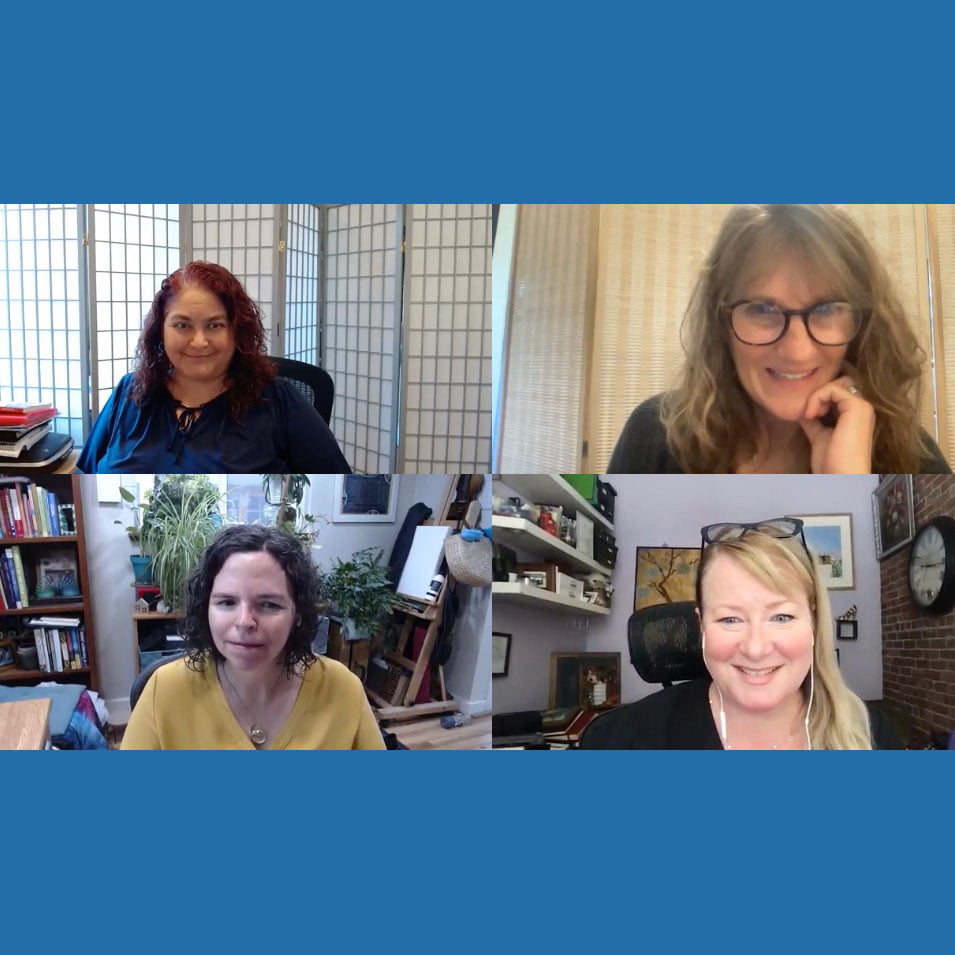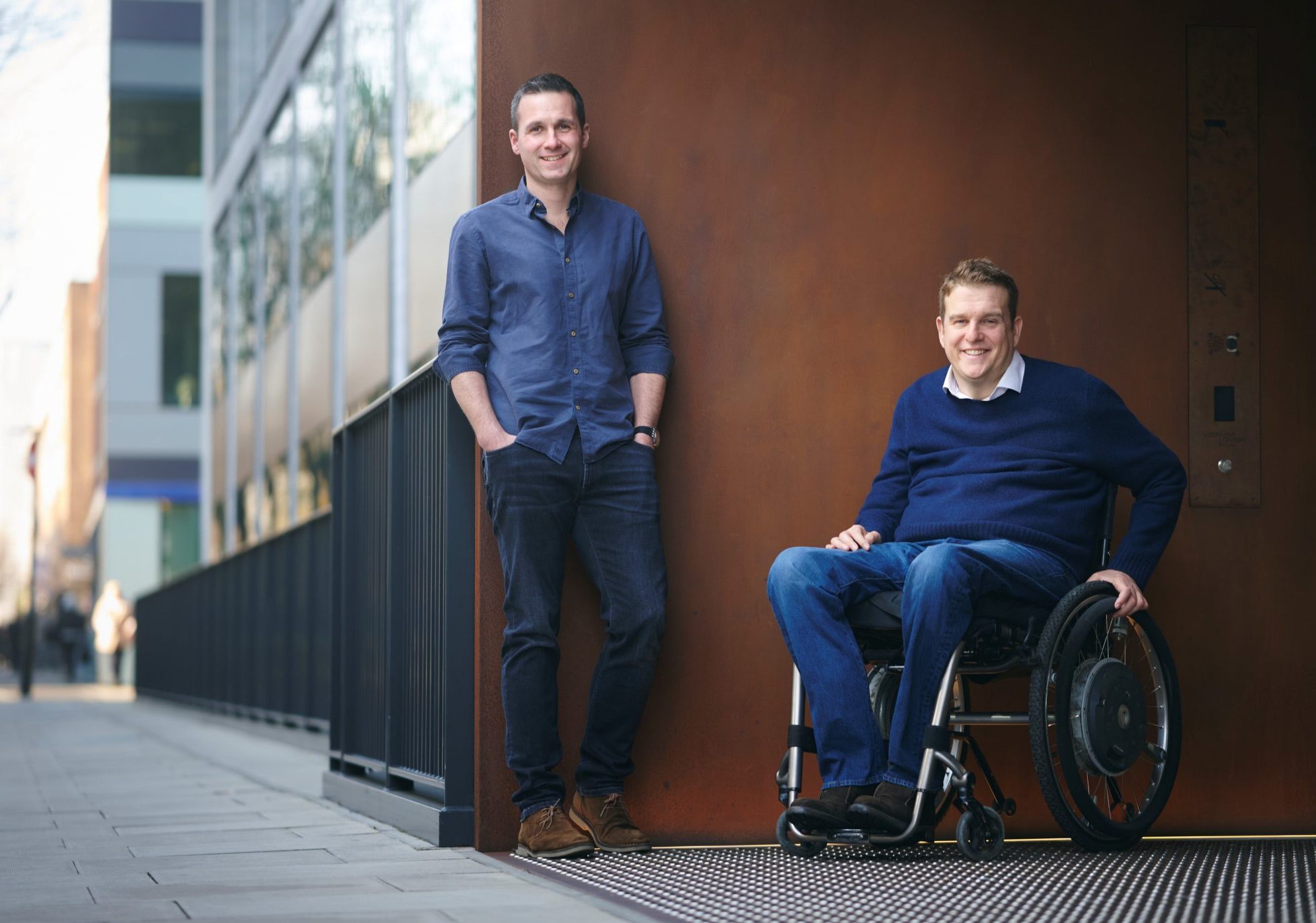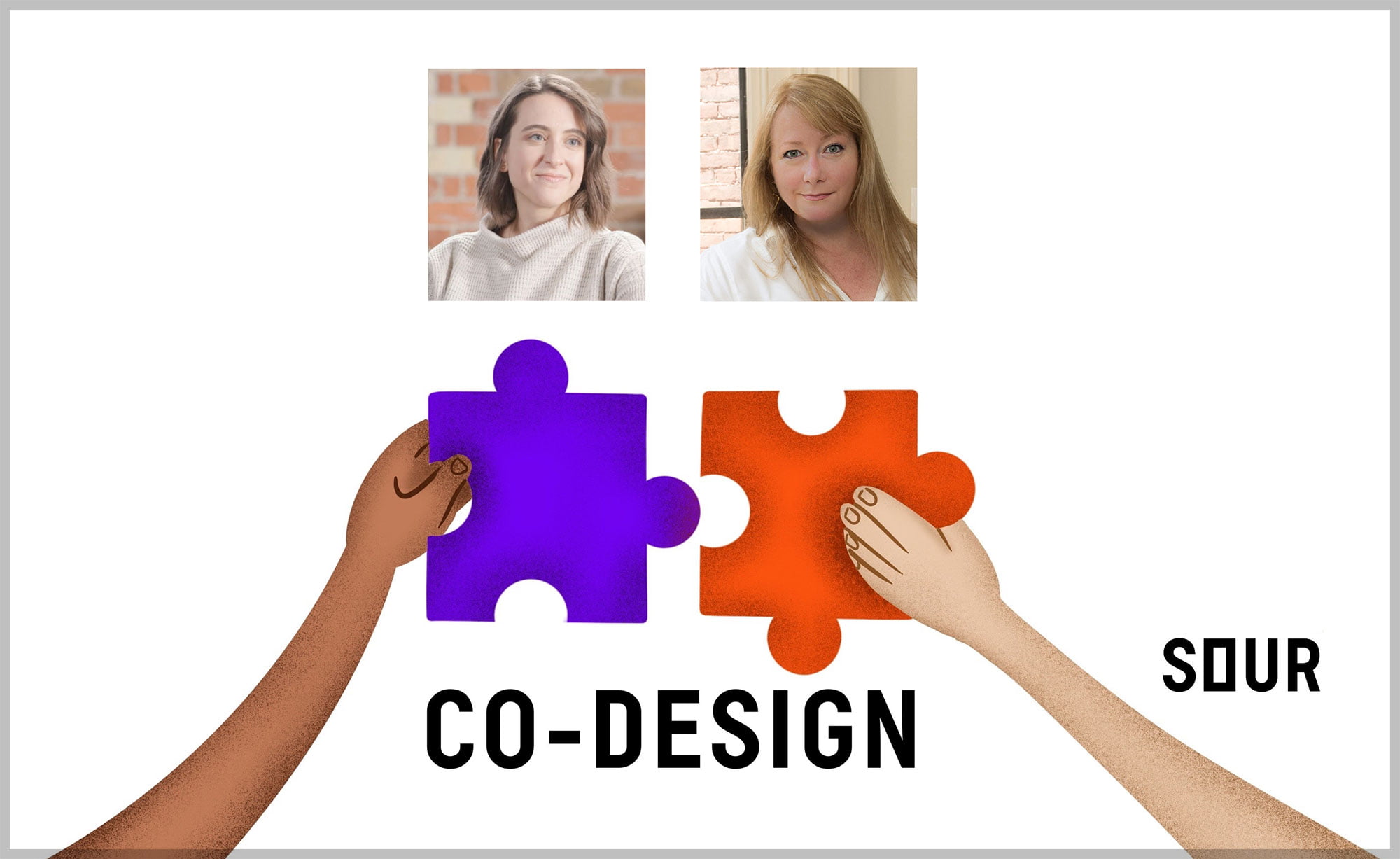Disability Rights & Design – Insights from Judy Heumann (Season 3, Episode 3)
Description
- By: Janet Roche & Carolyn Robbins
- Hosted By: Janet Roche
- Edited by: Andrew Parrella
- Guest: Judy Heumann
Judy Heumann is here! Judy Heumann is here! Inclusive Designers Podcast is very excited to share our inspiring interview with THE Judy Heumann… celebrated civil rights activist, advocate, and rolling warrior. She has been called “the mother of the disability rights movement” and “an activist who doesn’t take crap, never did.” Judy is best known for leading the charge of disabled activists that sparked the creation of Section 504 and the ADA. IDP talks to Judy about her lifelong struggle to overcome discrimination, and what designers need to know to make changes that benefit both disabled and non-disabled people. And yes, Janet even asks her (way in advance) to meet in person in 2023 to celebrate as the ‘Rehabilitation Act of 1973’ turns 50!
Guest: Judy Heumann- is a lifelong advocate for the rights of disabled people. She has been instrumental in the development and implementation of legislation, such as Section 504, the Individuals with Education Act, the Americans with Disabilities Act, the Rehabilitation Act, and the UN Convention on the Rights of Persons with Disabilities. Her memoir,“Being Heumann: An Unrepentant Memoir of a Disability Rights Activist,” was published in 2020. She is also featured in the Oscar-nominated documentary, Crip Camp: A Disability Revolution. Judy produces a podcast called The Heumann Perspective, which features a variety of members from the disability community.
– References:
• Website: www.judithheumann.com
• Podcast: The Heumann Perspective Podcast
• Books: ‘Being Huemann‘; ‘Rolling Warrior‘
• TED Talk- ‘Our fight for disability rights– and why we’re not done yet’
• Documentary Film: Crip Camp: A Disability Revolution
• Washington Post article: She’s considered the mother of disability rights — and she’s a ‘badass’
• Rehabilitation Act of 1973 / Section 504
• The Convention on the Rights of Persons with Disabilities and its Optional Protocol
• ADA.gov
• Yannick Benjamin/Contento NYC;
– IDP Episode: Serving Up Inclusive Design
Disability Rights and Design – Insights from Judy Heumann
Guest: Judy Heumann
Music / Open
Janet: In this series we will be discussing specific examples of design techniques that make a positive difference for people living with certain human conditions.
Carolyn: The more a designer understands the client and or the community the more effective and respectful the design will be.
Music / Intro
Janet: Welcome to Inclusive Designers Podcast, I am your host, Janet Roche
Carolyn: and I am your moderator, Carolyn Robbins.
Janet: We have an incredible show for you today, right Carolyn?
Carolyn: Yes, we do! Maybe even more than usual!
Janet: I think so! We have the disability rights warrior herself, Judy Heumann, or as we have been referring to her around here as… THE Judy Heumann.
The Washington Post called her the “Godmother of the ADA; and one bad… I’m not quite sure can I say the last word, but it’s a 3-letter word beginning with an A and ending with a double-S, or another word for a donkey” (laughs).
Carolyn: Technically, you didn’t say it, The Washington Post did, but I know what you mean.
Janet: Well, getting back to our very special guest, Judy will tell us about her life as a disabilities’ activist, from the early days before the 504 and the ADA even existed, to where we are now, and to also look ahead to what should be happening on a more global basis.
Carolyn: As for her credentials… Judy is an is an internationally recognized disability rights advocate and a leader in the disabled community. She has been fighting against discrimination all her life.
She organized protests in college to gain access to classrooms. After graduation, she sued and won the lawsuit against the NYC school system that let her become the first teacher to use a wheelchair in that state.
Judy led the charge of disabled activists for rights that led to the creation of Section 504 and the ADA. Later on, she served in both the Clinton and Obama Administrations. She was also featured in the award-winning documentary “Crip Camp: A Disability Revolution”.
More recently, she published her memoir: “Being Heumann: An Unrepentant Memoir of a Disability Rights Activist,”. and a Young Adult version called “Rolling Warrior.”
And last, but certainly not least in our book, she is currently the host and producer of her own podcast, ‘The Heumann Perspective’. She really has done so much.
Janet: She sure has, I couldn’t agree more. And I’ll add that Judy strives to eliminate the discrimination and physical barriers disabled people of all ages, with all types of disabilities, are facing, both in the United States and around the world.
Carolyn: And you know, her busy office didn’t take a break while we interviewed her, you may even hear the sound of justice being made in the background…
Janet: So true, and you know, like me, Judy grew up in Brooklyn! shout out to Brooklyn. But this was at a time when there were no considerations for disability or inclusion. She helped put much of what you see in place today. But we’ll let her tell you all about that, and more, in her own words.
Carolyn: And with that, here is our interview with THE Judy Heumann, civil rights activist, and lifelong advocate for the rights of disabled people…
Music / Interview
Janet: Hi, and welcome to inclusive designers. I’m your host, Janet Roche. And today we have THE legend, Judy Heumann. (Judy: Hello). We’ve been calling you ‘THE’ Judy Heumann just to emphasize it to people that we’re talking to about that we were going to talk to you today. Judy, thank you so much.
Judy: Thank you for inviting me onto the program.
Janet: Let’s kind of dive right on in, because there’s a lot to talk about. And I just want to say inclusive designers would not be a thing if you hadn’t pushed that needle, right, made sure that everybody was paying attention. When you, before you started with the 504 and your sit-in and what were things like?
I know that you write a lot in your book about that you recognized it. Did you recognize it was discrimination right away? Or you just, did you think it was just unfair? And then did you see ways that people like, why didn’t they do things the way they’re trying to do things now? Like, can you talk a little bit about that?
Judy: Sure. Let me start by saying that there’s so many people who’ve been involved in our movement in the United States and around the world. And I am one of those people, but I never take credit for everything that’s happened.
And at the end of the day, you know, you, Janet and Carolyn, really are the ones who’ve been driving forward the work that you’ve been doing. And I think maybe myself and many other people have helped to open spaces that maybe weren’t as available in the past. But I think it’s still important to say that we, from my perspective, are not yet where we need to go.
Janet: Right. And we’ll dive into that. I see the gaps, I’m sure you not only see the gaps, you know the gaps by heart. So, I love the fact that you like your parents were, were such kind of a rebel rousers, especially your mom like, she was just not having anything that any of the school boards and everything like that was going to throw at you.
When did things start to really click in for you that you thought, I mean, you’re a smart woman. So obviously you probably thought this is unfair, but like what was sort of the impetus was, I mean, we also saw the movie ‘Crip Camp’

